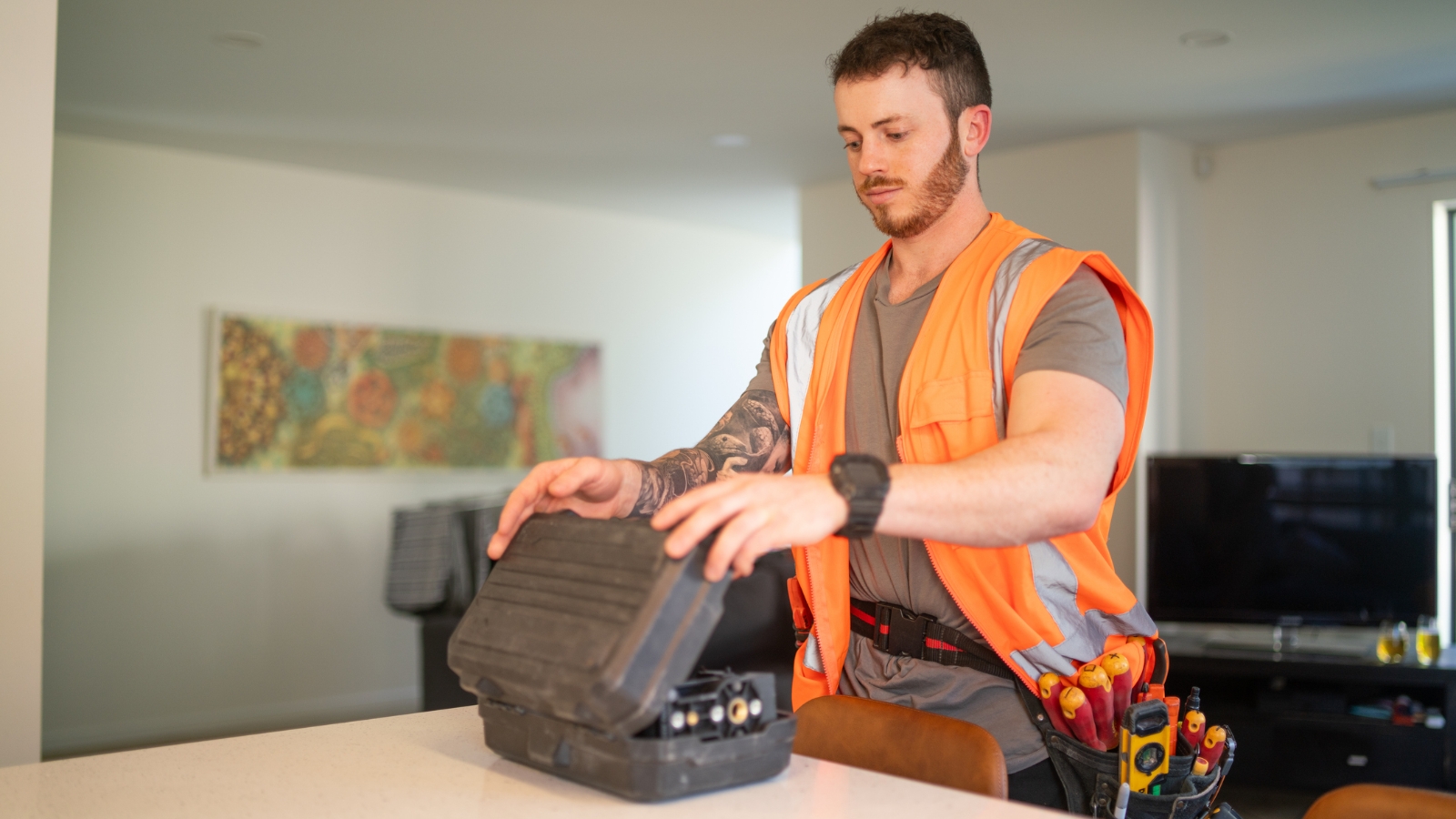Careers advice
Plumbing courses in NZ: How do you become a plumber?
Here’s a quick guide to the qualifications you’ll need to get started and get ahead.
Last updated: 30 August 2024
Plumbing courses in NZ
Get qualified in five steps
How much do plumbing apprenticeships cost?
What do plumbing qualifications in NZ involve?
A plumbing apprenticeship may take a few years, but it could set you up for life.
Off-the-job training courses
Increasing your chances of getting a plumbing apprenticeship in NZ
What are my chances of getting a job after plumbing courses in NZ?
Author
Other articles you might like




